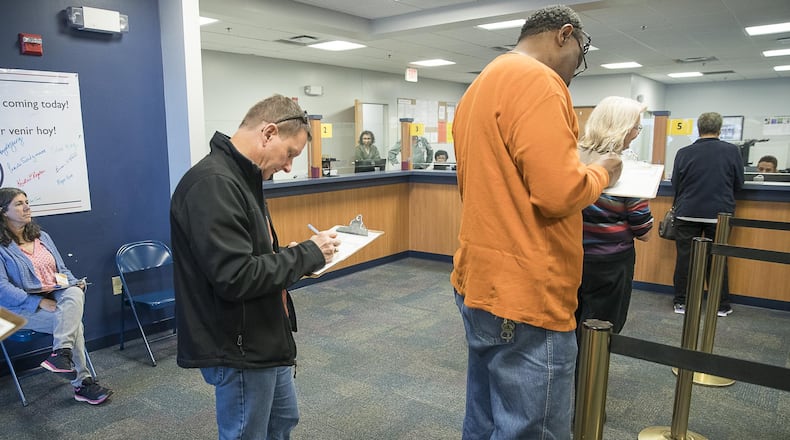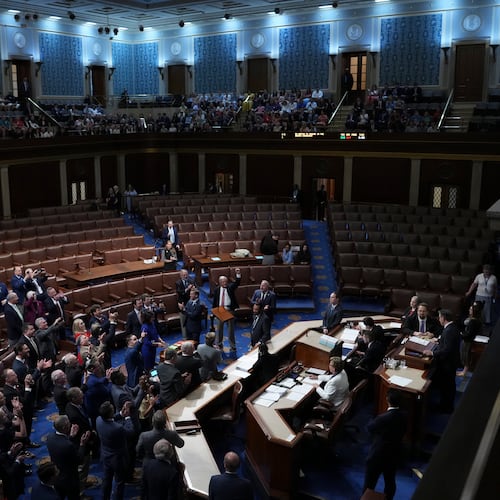When the polls close on March 19, Gwinnett County voters will have set the path for transit in Gwinnett. Voters have the power to choose to invest in mobility options or to kick the congestion issue down the road. We can approve a contract that is very advantageous to Gwinnett or we can gamble on what might be negotiated in the future.
Voters are considering a contract with MARTA to expand and operate our transit system with funding from a one-cent sales tax dedicated to transit. This vote’s potential impact on the county’s future is on par with past decisions, such as building reliable water and sewer systems and an extensive road network, not to mention developing world-class schools. Those decisions established Gwinnett as an attractive community and an economic powerhouse where success has lived for decades.
We now have a unique opportunity to bolster one critical element of a thriving and vibrantly connected Gwinnett – transportation and mobility. Mobility is essential to quality of life and economic development. We are engaged in a constant contest with hundreds of other communities to attract the best and brightest workforce and the most promising companies, and they want transportation options, including transit. In my opinion, transit can give our great county the competitive edge we need to ensure our business community remains successful and Gwinnett stays an attractive place to live and work.
Over the next 20 to 25 years, another 500,000 residents will join our almost million current residents, and business-related traffic will grow. Roads alone cannot provide mobility, and we need relief from the traffic congestion that already exists. To address this reality, we developed the multi-faceted Connect Gwinnett Transit Plan.
The Plan includes a range of transit modes to meet needs across the county and across time. Among these are 50 miles of Bus Rapid Transit (like trains on rubber tires) operating in dedicated rights-of-way and 110 miles of rapid bus service, traveling partially in mixed traffic; much-expanded commuter express and local bus routes with greater coverage, hours, and frequency; door-to-door flex service in less-populated areas; and a three-fold increase in paratransit service. The plan also includes extending rail from Doraville to the Jimmy Carter Boulevard area and developing a well-designed multimodal station there to make transfers easy and convenient for riders.
Gwinnett has chosen to contract with MARTA for expanded transit services. Our agreement allows us to leverage access to MARTA’s expertise and network while protecting Gwinnett’s interests. Under the contract, Gwinnett will control its funds, expenditures, and projects. Projects built and operated for Gwinnett will be based on our transit plan and will proceed only with Gwinnett’s approval. Gwinnett has the right to set standards for services and facilities and to review designs and costs for major capital projects. Our tax dollars will come to us, and we determine how they will be spent for the benefit of Gwinnett. Further, we can audit MARTA’s financial transactions that affect Gwinnett’s costs.
Gwinnett’s financial responsibility has earned the highest rating from all three major bond rating agencies for over 21 years. Gwinnett’s fiscal discipline and long-term approach have been applied to the transit plan and to the contract with MARTA to ensure Gwinnett funds are invested wisely in projects that meet Gwinnett’s needs, now and in the future.
Voters have the power to decide if Gwinnett moves forward. You can be part of history by voting on or before March 19.
About the Author
Keep Reading
The Latest
Featured



